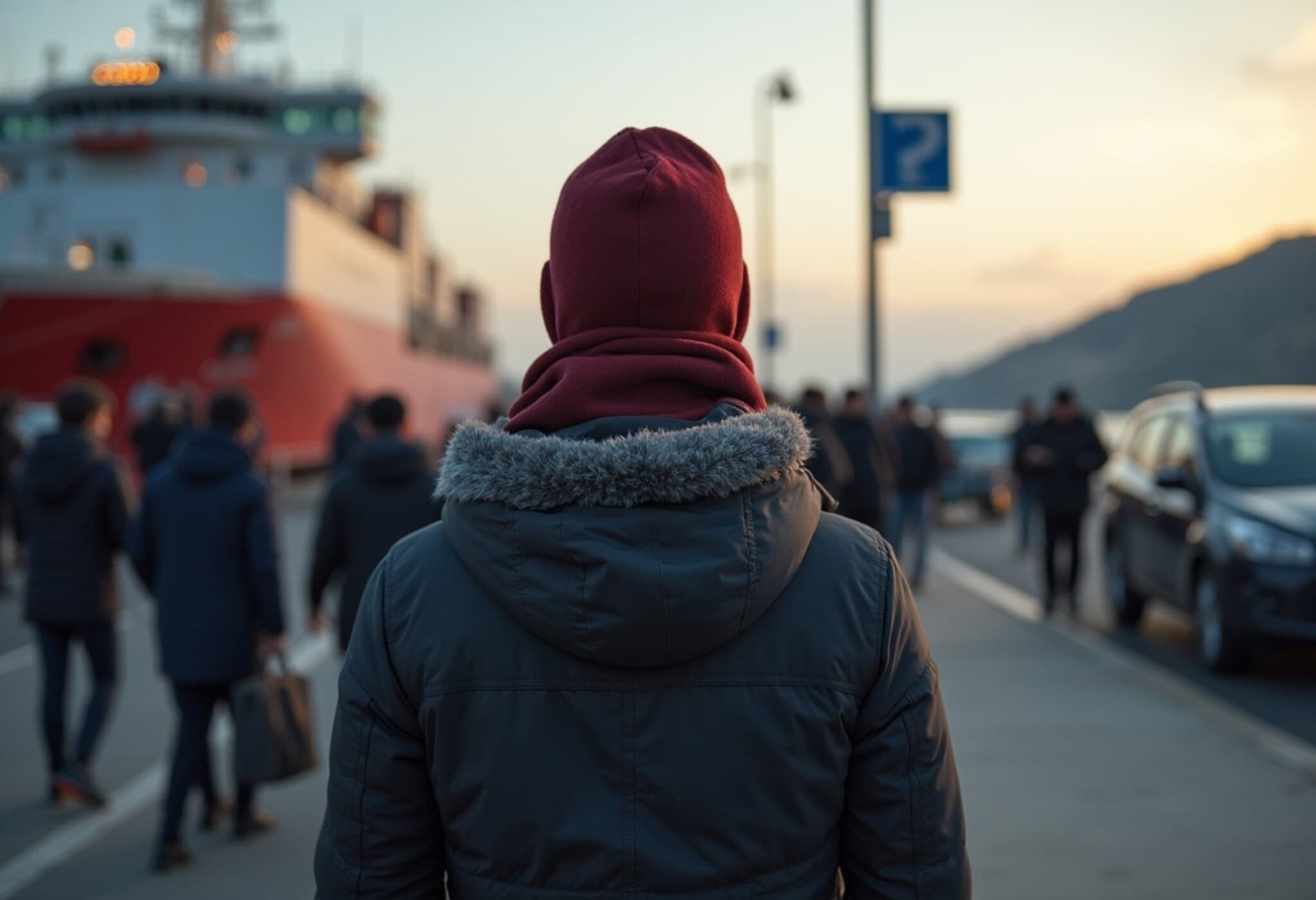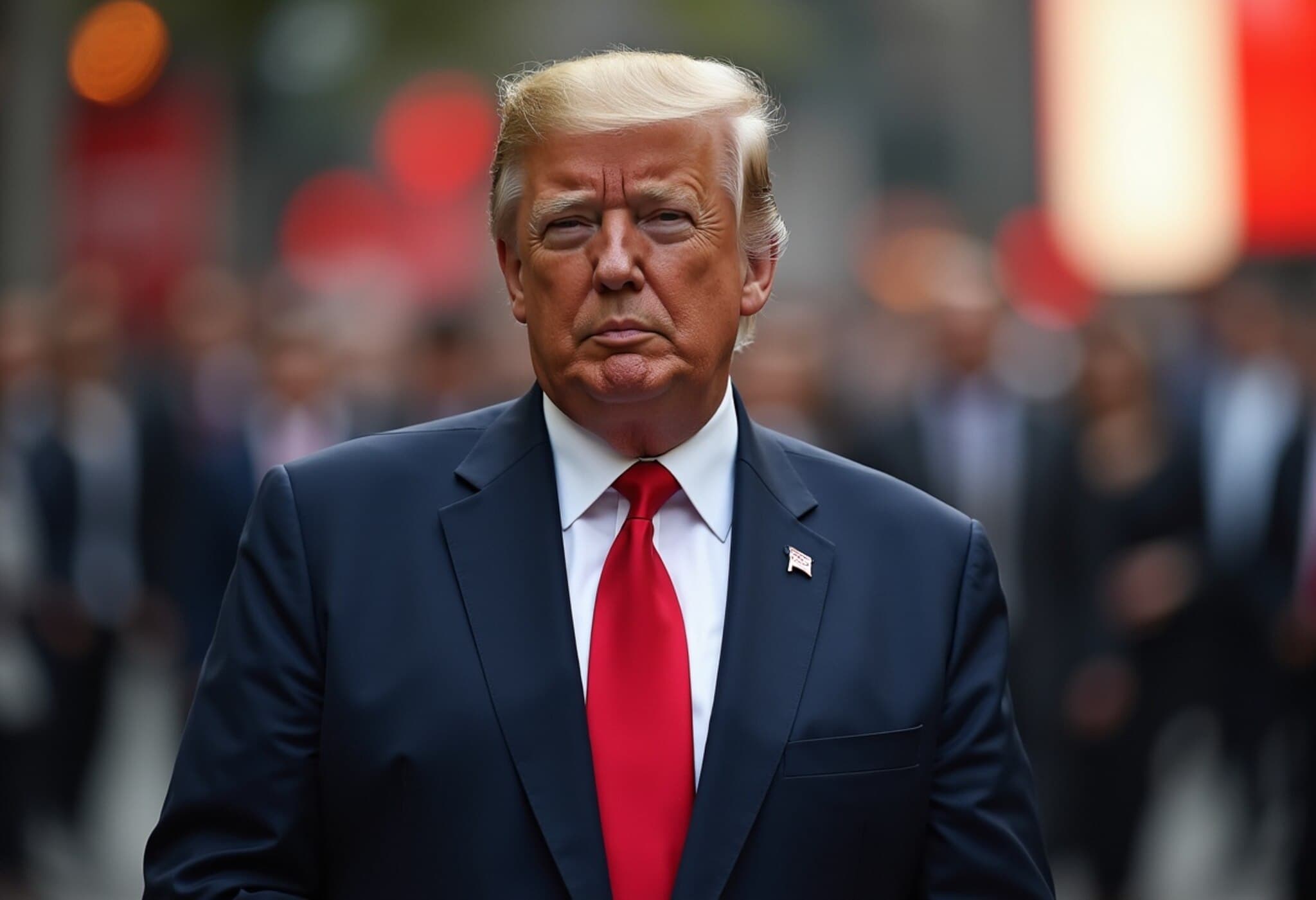UK Implements Unprecedented Sanctions to Combat Migrant Smuggling
The United Kingdom has launched a pioneering sanctions regime aimed explicitly at dismantling criminal networks involved in smuggling illegal migrants into British territory. This global first marks a significant escalation in government efforts to clamp down on human trafficking and organised immigration crimes.
Scope and Mechanisms of the Sanctions
Effective from July 2025, those identified as facilitators within this illicit trade face a stringent set of measures: asset freezes, exclusion from the UK financial system, and travel bans barring entry into the country. These sanctions reach beyond gang leaders to include middlemen, such as hawala payment operators, suppliers of small boats crossing the English Channel, and producers or distributors of counterfeit travel documents.
Crucially, UK businesses and financial institutions are legally prohibited from engaging with any sanctioned individuals or entities, aiming to choke off resources essential to smuggling operations.
Rising Channel Crossings Amid Complex Challenges
Data from the Home Office reveals that by July 20, over 23,500 migrants had crossed the Channel by small boat—an alarming 50% increase compared to the same period last year. These numbers underscore the urgency driving the UK government’s move, as the small vessel route has become a preferred channel for illegal entry.
Expert and Political Perspectives: Impact and Limitations
While the sanctions signal a tough stance, experts caution their practical efficacy. Dr. Madeleine Sumption, deputy chair of the Migration Advisory Committee, emphasized on BBC Radio 4’s "Today" programme that such measures might only deliver incremental disruptions. “Given the sprawling and multifaceted nature of smuggling networks across multiple countries, targeting individuals is unlikely to revolutionize the fight against people trafficking. The success of sanctions hinges heavily on international collaboration and enforcement beyond UK borders,” she noted.
Echoing skepticism, MP Chris Philp, the shadow Home Secretary, expressed frustration with the government's approach, stating, “Freezing bank accounts in Baghdad or imposing travel bans on a dinghy dealer in Damascus won’t stop the Channel crossings. Traffickers exploit our legal loopholes and deficiencies, capitalizing on a pull factor that continues to entice migrants. The only viable solution is immediate deportation upon arrival to eliminate incentives for dangerous crossings.”
A Broader Context: Legal and Policy Implications
This sanctions framework represents a legal innovation within immigration enforcement, blending financial regulatory tools with border security measures. It mirrors global trends where nations use economic leverage to combat transnational crime but also raises questions about enforcement capacity, humanitarian considerations, and international diplomatic cooperation.
Moreover, the approach spotlights the complex balance between deterrence and humanitarian obligations inherent in migration policy—a subject of intense debate within UK politics and civil society.
Looking Ahead
As the UK pursues this new sanctions regime, the coming months will be telling in assessing whether restrictive financial and travel measures can meaningfully disrupt entrenched smuggling networks or if deeper policy recalibrations and broader international partnerships are necessary.
Key Takeaways
- New UK sanctions target entire smuggling supply chains from boat suppliers to gang leaders.
- The policy is unprecedented globally, combining asset freezes, travel bans, and legal prohibitions on UK entities engaging with sanctioned suspects.
- Experts caution that without broader international cooperation, the impact may be limited to marginal disruptions.
- Political voices urge more robust measures, including immediate deportations to deter crossings.
- The policy highlights evolving legal tactics in immigration enforcement, balancing deterrence and humanitarian challenges.
Editor’s Note
The UK’s ambitious sanctions regime marks a notable shift in tackling migrant smuggling by harnessing financial and legal tools. Yet, its success ultimately depends on navigating a web of international cooperation and addressing the root causes driving perilous migration. Readers should watch for how this strategy plays out in practice and consider the broader implications for migration policy, border security, and human rights protection in an interconnected world.











